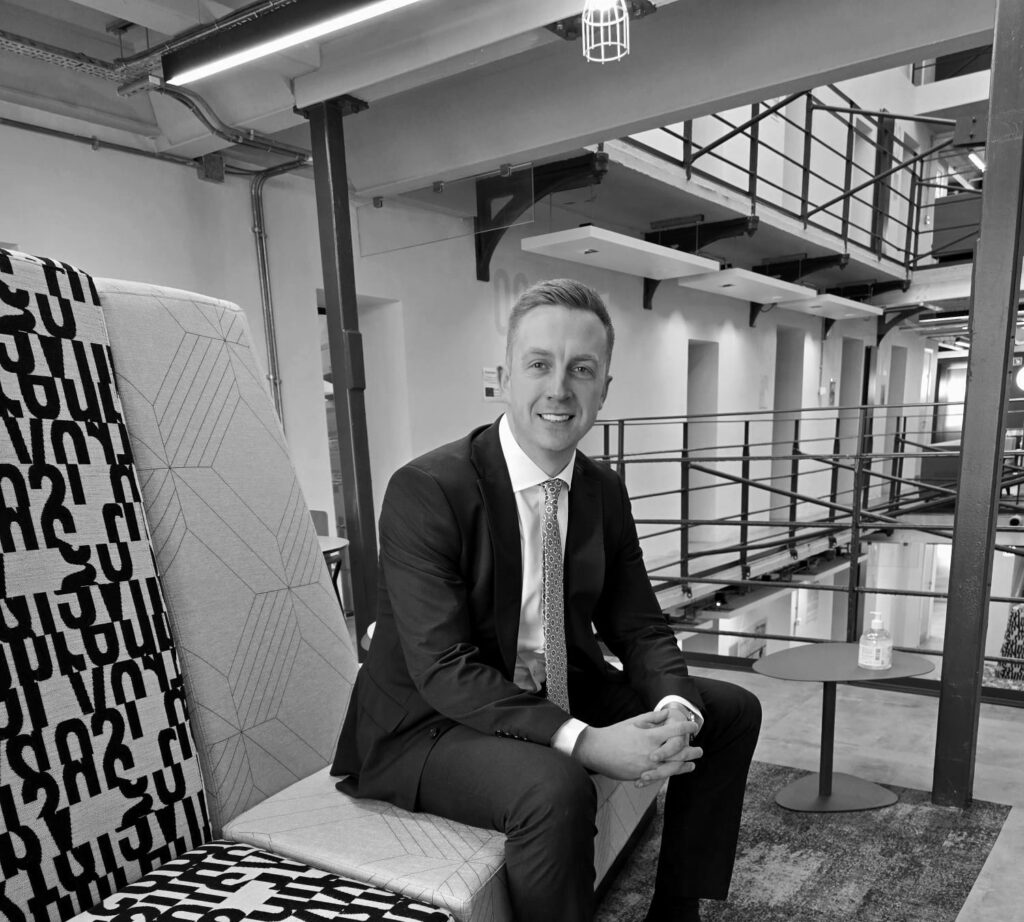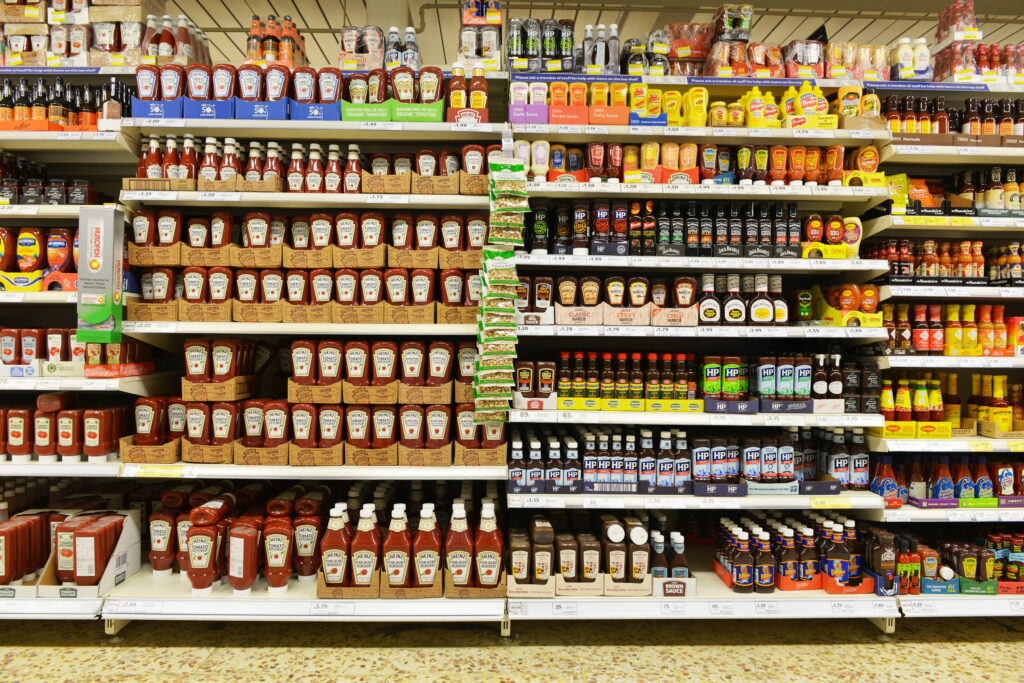The energy-from-waste company is one of a number of newcomers to the UK attracted by the need for waste treatment infrastructure to meet the targets for diversion of biodegradable municipal waste from landfill.
MVV Umwelt – which is German-owned – considers that by being effectively a one-stop shop from constructing the plant itself through to handling the energy take-off, it can have an edge over competitors. And, the company is also clear that it does not see itself getting involved in the recycling side of waste treatment which in the past might have been a factor held against it by local authorities in the bidding process.

We aim to purely deal with the residual waste and to do that very well.
Paul Carey, MVV Environment
Opportunities
Paul Carey, MVV Environment managing director, says the firm is “looking to capitalise on the range of opportunities which are opening up in the sector”.
A chartered engineer, Mr Carey knows the waste sector well, partly through his former post as director of business development for Waste Recycling Group; prior to that post he was involved with energy work at companies including Babcock and Rolls-Royce.
He explains that MVV Umwelt, the Mannheim-based parent of MVV Environment, has more than 45 years of experience in the energy from waste sector and adds: “Now we hope we are getting close to securing our first British plant through the Private Finance Initiative.”
Should the company be successful in one of its tender bids, this will represent a relatively swift level of success for it is only 18 months since the creation of MVV Environment, the company's UK subsidiary. It operates with a seven-strong British team working from home and getting together weekly at the registered office in London. The UK side is backed up by 13 more specialists in Germany.
Shortlists
“We feel we have achieved a lot so far,” claims Mr Carey. “We have been successful in getting on to PFI shortlists, we have developed a well-bonded team and all this has been done in a short time.”
In all its proposals, MVV is not emphasising recycling. Instead it feels that recycling is something for the local authority to sort out before the waste arrives at the energy from waste incinerator plant. Mr Carey says: “We are not opposed to recycling and there are very high levels in Germany where recycling is done at the doorstep and by consumers. We aim to purely deal with the residual waste and to do that very well.
“In all our submitted projects it is basically energy from waste – we have tried to avoid the peripheral things. In Leeds, for example, the local authority wanted to change the scope with the provision of front end recycling, so we decided not to pursue the project.
“We concentrate on mass burn with high efficiency – MVV's ultimate parent company is MVV Energie which looks at this from an energy point of view. We would like to see high efficiency levels of perhaps 23-28% which is above the norm for a traditional mass burn plant.”
Mr Carey explains that reaching higher levels of efficiency are hard for the waste sector. “Coal fired plants for example tend to run in the high 30s. The situation is different with waste because it is obviously a complex fuel so you can't operate at the highest pressure boilers and highest of temperatures. If you are dealing with gas and coal you can go to a high pressure. Combined cycle gas treatment (CCGT) efficiencies can be in the mid 50s.”
He says that local authorities do not prescribe an efficiency level in their tenders but the higher efficiency the plant operates at, the more electricity is generated which means that the kilowatt hours per tonne of waste are increased, “so the cost to the customer can be driven down”.
This is all better argument from the sustainability point of view, argues Mr Carey, even if the original cost might be higher. “It is a very economic approach for there is a more competitive gate fee to the client and over the lifetime of the project the cost is paid off.”
Power offtake
Should the company be successful in one its current tenders, Mr Carey says that the business is looking to establish its own power offtake company. “We can do more than some other competitors for we carry out the engineering, procurement and construction (EPC), are the operator and arrange the offtake of power. Most players in the market have to find an EPC contractor and an operator and a power purchaser. MVV does all these things as we are a fully integrated business.”
MVV has seven of its own plants in Germany, he says. One difference from the German plants is that in the UK there will be a design element to the bid in contrast to Germany where an enhanced design has not been important.
In terms of bids, the company is in the final two for a project in Staffordshire and is also on lists for other work including plants in Norfolk, South West Devon and Hertfordshire.









Subscribe for free